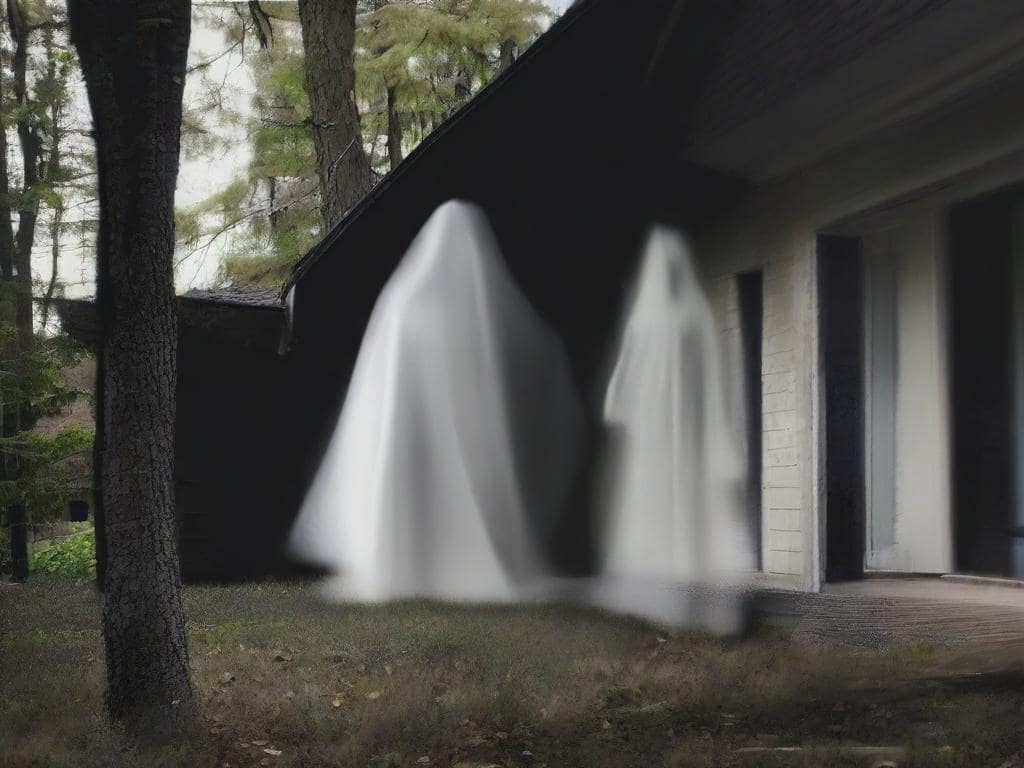You’ve seen the movies. You’ve heard the stories. Ghosts passing through walls, rattling chains, making things go bump in the night. Spooky spectral figures that seem to remember who they were and what happened to them. But wait – how could a ghost have memories if it doesn’t even have a brain anymore? Do ghosts really have DNA like the living? Can a pile of ectoplasm store memories of the past?
Do Ghosts And Spirits Have DNA?
Ghosts themselves do not have DNA, but some believe their energy or “spirit” retains a memory of their identity. When a person passes away, their life essence – the energy that animated them – is released. This spiritual energy, or “ghost,” is thought by some to maintain a memory of the person it once was.
This could explain why ghosts are often tied to a particular location or even a specific object. Their energy lingers where it felt most connected during life. The ghost of a deceased family member might remain in a home, connected to happy memories of time spent with loved ones. A spirit killed in battle could haunt the grounds where they died, forever fighting a long-ended war.
However, ghosts are not biologically alive, so they do not have a physical form or genetic code to pass on. They may remember their name or events from life, but their spirit cannot reproduce or create new DNA. The memories and impressions that constitute a ghost are energy-based, not physically embodied.
Furthermore, some theorize that ghosts can interact with and influence the living through energy manipulation. By this logic, a ghost may be able to move objects, create strange sounds or scents, or even temporarily take on a visible form. However, they cannot father children or pass on genetic traits. Ghosts have a memory of identity but no DNA.
Spirit Memories
Some believe that ghosts retain a kind of “energy DNA”—a memory of their identity imprinted on their spiritual essence. Spiritualists who subscribe to this theory argue that ghosts can recall details about their lives and afterlives.
Apparitions of spirits seemingly recognize loved ones, favorite places, and cherished possessions. Phantom scents, sounds, and sensations associated with a particular ghost also suggest a kind of memory.
Some people believe that when we pass away, our soul moves on from this physical existence. But that isn’t always the case. Sometimes, if someone dies unexpectedly or against their will, their soul isn’t ready to cross over yet and ends up stuck hanging around here.
Skeptics counter that there is no evidence spirits have any kind of inherent memory or identity. They believe perceived signs of “energy DNA” can be explained by the power of suggestion, overactive imaginations, or, in some cases, outright hoaxes. Without a physical brain, how could a ghost retain and access memories?
Sure, the debate continues, but many people, myself included, find comfort in the possibility that some aspect of identity and memory may transcend death. The notion that spirits can recall their earthly lives gives hope for some continuity of consciousness even after our physical forms have faded away. Ghosts may not have a literal “energy DNA,” but their haunting presence in our culture proves that memories can achieve a kind of immortality.








